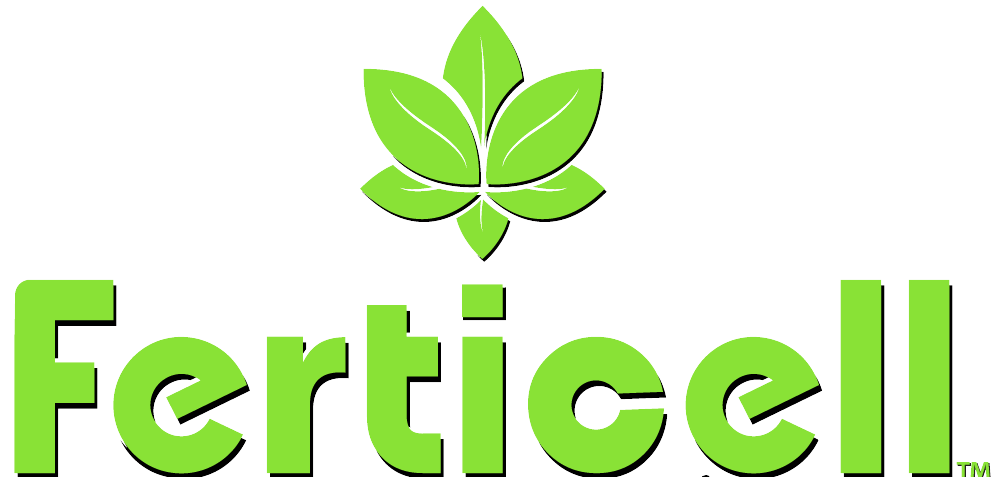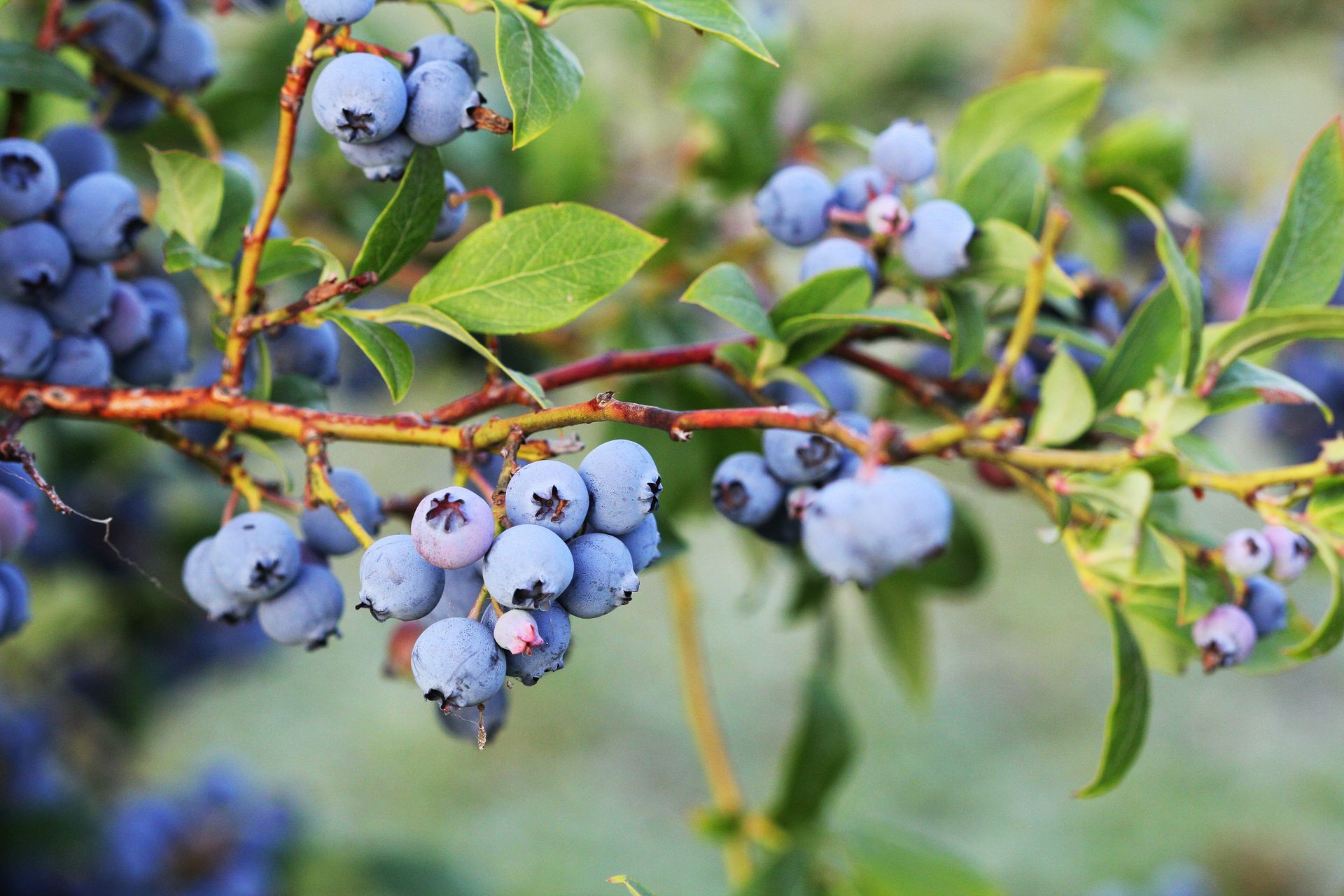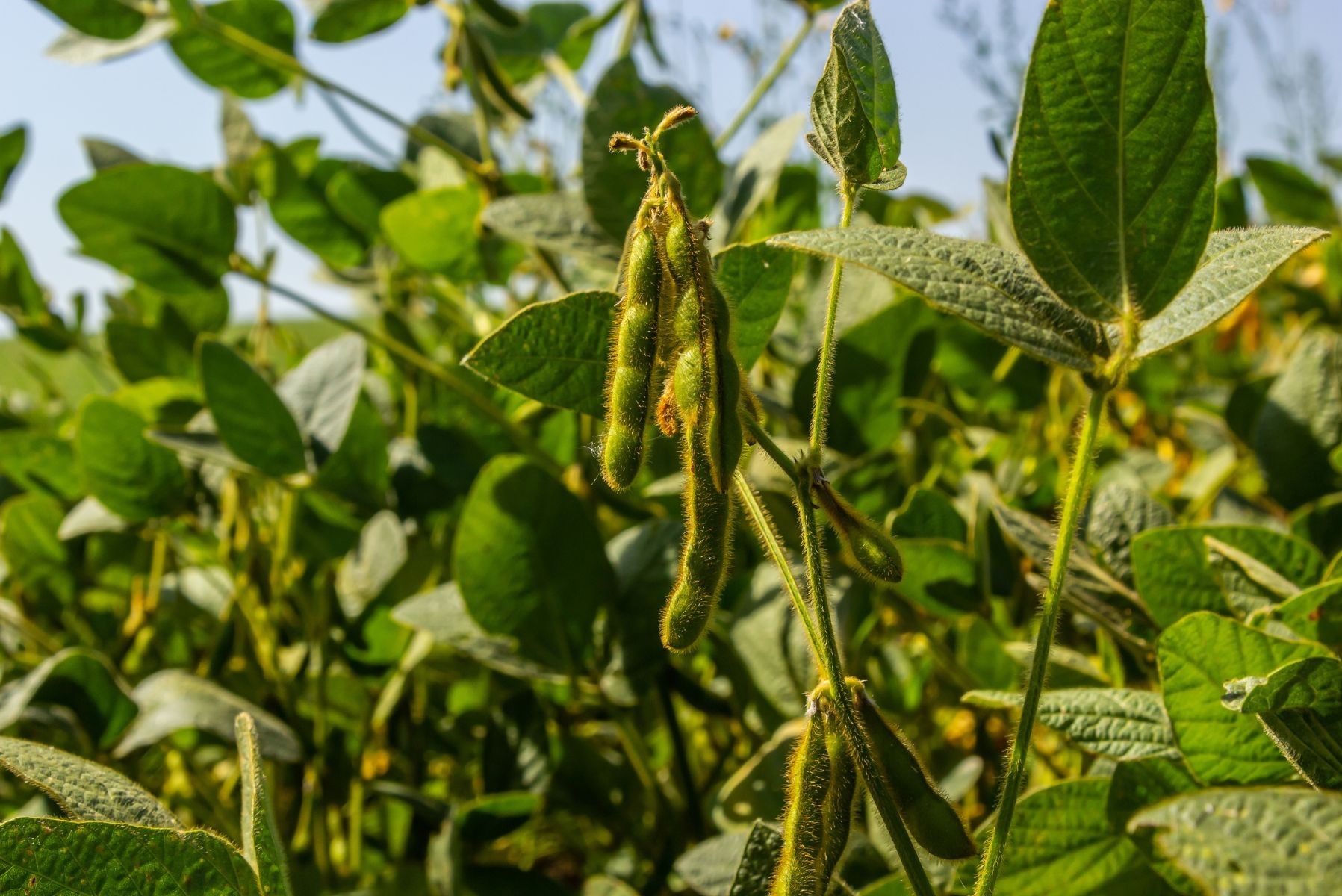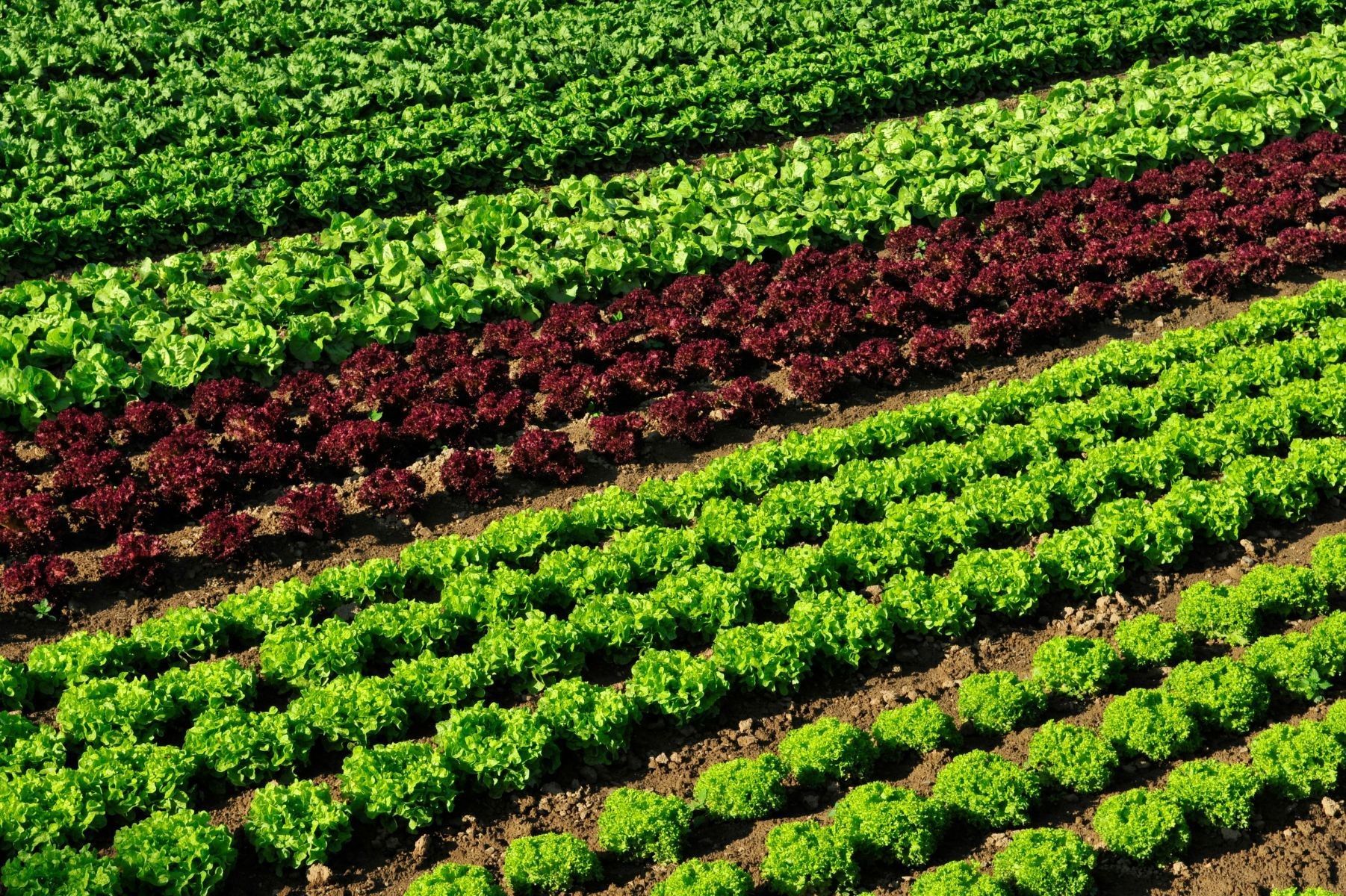Why We Use Newer Tests to Give Us Better Information
Ferticell undertook a review of tests and protocols to determine if we were testing the right parameters and to better demonstrate our products in action. Ferticell products are different from conventional in form and function. They are absorbed, have higher bioavailability, and are working within three hours of application. We also wanted to determine if our products improve the biome since they have multiple purposes including feeding the plant, biome, and reducing salt in the soil by using fewer conventional inputs. We wanted results similar to a human metabolic blood panel that measures aspects of metabolic processes happening in the body (plant). We believe newer technologies might provide that information to be incorporated into protocols as part of our Five-Year Remediation Program.
Ferticell products are unique in raw materials and how they are produced. As explained in previous articles, we utilize a microscopic, unicellular delivery system that is a suspension of concentrated liquid cultures with balanced nutrition and a variety of microorganisms to feed plants at the cellular level. They work on all plants by foliar or fertigation application through leaf pores or soil via the root stomata. When delivered it is absorbed instantaneously and being plant-based they are highly bioavailable, do not need any conversion and are active within 3 hours of application. With those criteria we found how and what we had tested did not meet our real needs. Our focus had to be measurements of analytical data to demonstrate our efficacy and capabilities over conventional inputs with better outcomes.
When we developed protocols with Melissa Nelson of Performance Crop Research for a summer test on corn, we initially focused on tissue testing to determine what was in the plant at a specific point in time. At the time we were also having discussions with a company and found they were Beta testing a crop probe that would give the real time levels of input as it was applied, when it was active in the plant, and they permitted us to be the first test in the U.S. of their technology. It will give us a further measurement of how much the plant is capable of utilizing to better determine what rates should be used so inputs are not eliminated through excretion.
Rebecca Helget of Integrated Ag Solutions alerted us to some new technologies. She discussed a new test from NEW AGE Laboratories, an enhanced version of Plant SAP Analysis giving more information than present tests and is presented in a graphical representation for better interpretation. Present soil content testing does not give a value of the actual availability (intensity), so Rebecca suggested an article by NEW AGE Laboratories, Scott Wall, about another of their tests, RapidSoil, that measures what nutrients are in the root zones soil solution. Combining the two helps determine what the plant is taking up and what is available (daily) in the soil. It might help prevent over or incorrect fertilization which is an ongoing issue. We have added both this plant SAP analysis and RapidSoil and by adding them to our protocols, the additional data can further confirm when our product enters the plant and at what point it is being utilized. We also would know more about what is already available in the soil and can be utilized, so together would determine amounts that need to be applied.
Our last protocol is to determine if we are propagating the biome. We use Biome Makers BeCrop test before and after a trial to measure biome levels and any increases from using our products. The test is quantitative and qualitative measuring specific types needed to convert unusable input and increase soil viability. Our products assist the biome in converting residual and newly applied inputs into useable forms. Our products are biological and prebiotic to feed the biome and overcome the high salt content. Taniell Liepner has been assisting us to ensure tests are being run correctly and the process is running correctly.
Following our protocols, after using these tests, farmers will fully understand why our products are more effective in feeding plant and soil while remediating the biome and can be used in any tank load to also increase their ROI.
PLANTS FEEDING PLANTS



